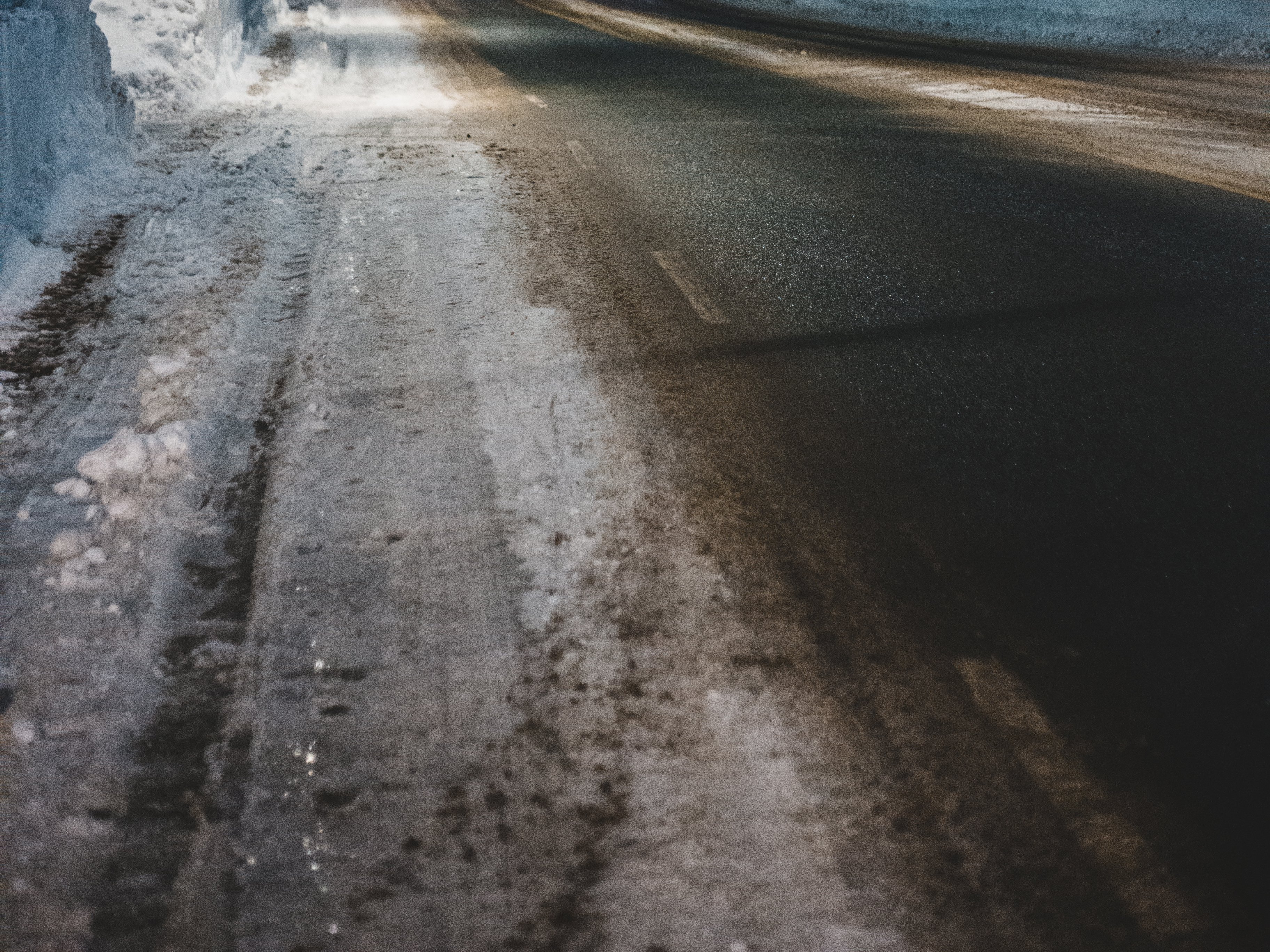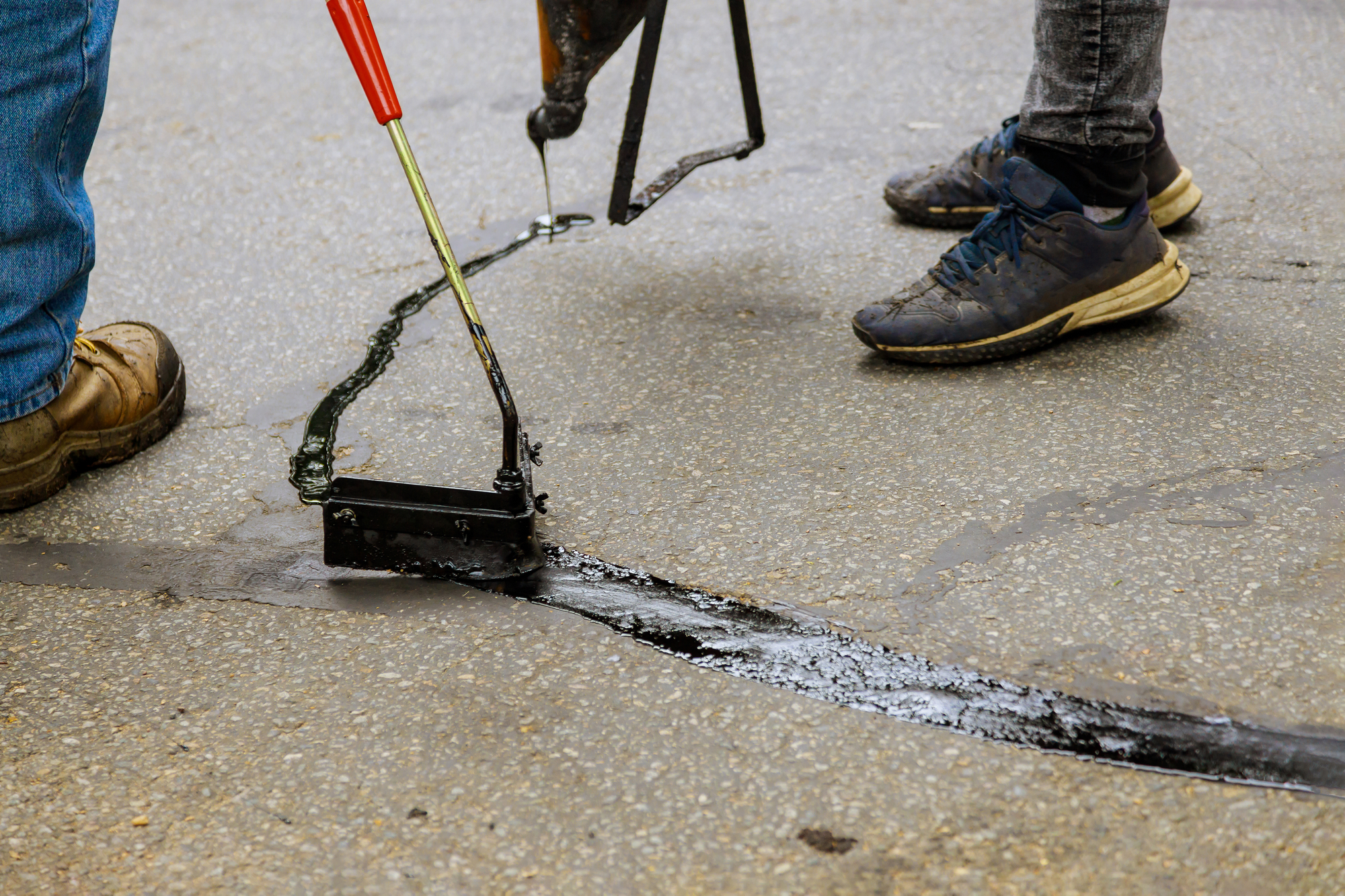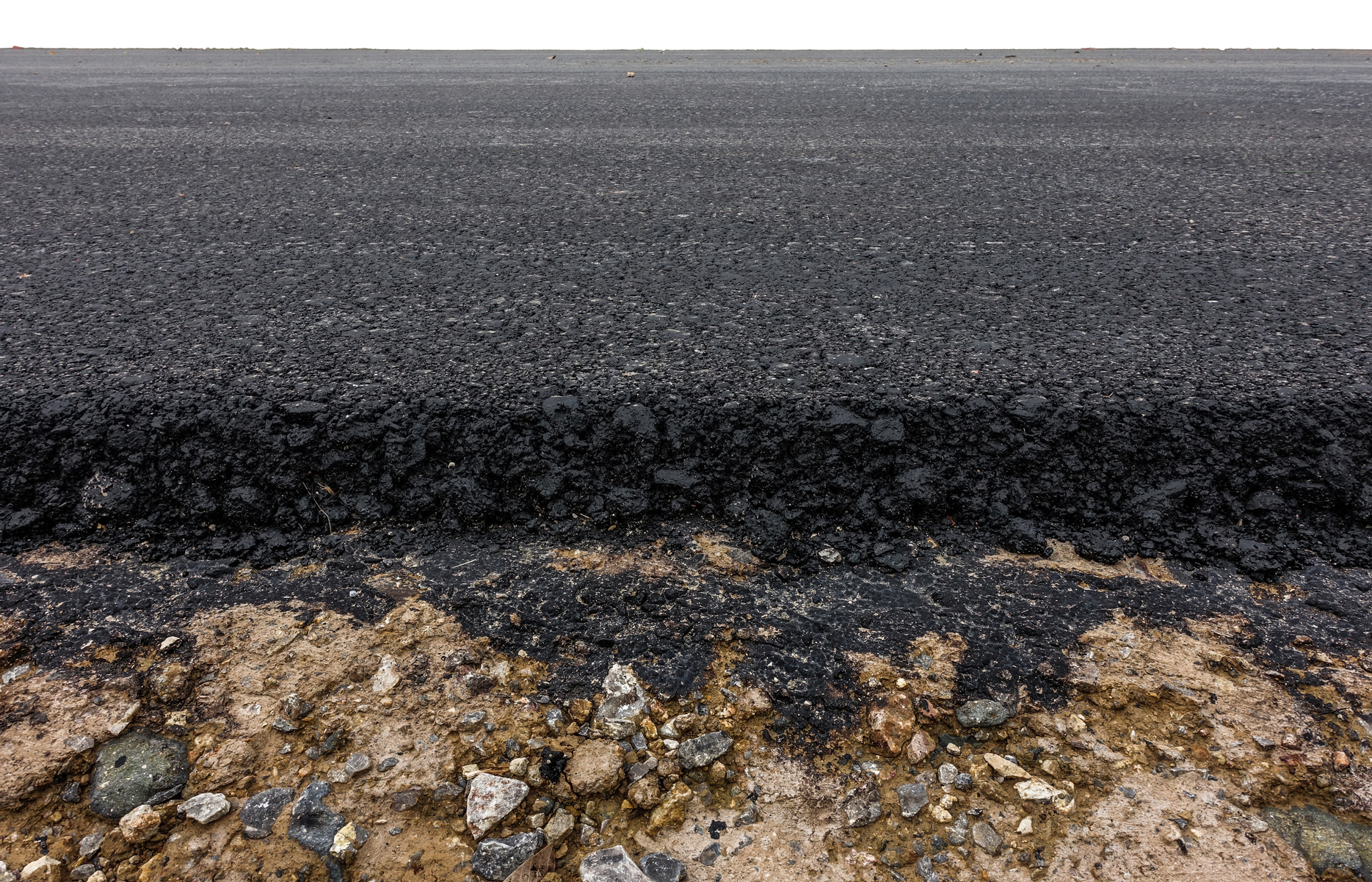Salts and abrasives: effects on paving and concrete
8 November 2021
We can feel it, winter is approaching with its share of complications. Like every year, we will have to get out the shovels to clear the snow from our driveways and sidewalks. Often, to get rid of the ice, a simple shovel is not enough, and we must use different abrasives. Whether you use salts or abrasives, there are effects on paving and concrete. Indeed, this type of surface is sensitive to the Quebec climate. As we know, the Canadian climate is not the mildest! The great differences in temperature between summer and winter have an important impact on the life span of all constructions and installations. Water infiltration, freezing and thawing often cause cracks and deterioration. However, there is another enemy: salt and other abrasives. Indeed, de-icing agents are harmful to concrete and cement because they induce micro cracks. The water then enters these cracks and under the action of the temperature change, the concrete bursts. The following blog post will give you more details on the effects of salts and other abrasives on your paving and concrete surface.
Degradation of materials
It only takes a few seasons to chip and crumble materials completely. In addition, de-icing salts not only damage your asphalt and concrete, but they also increase the salinity of surface water, which even harms plants and animals. This is not an environmentally friendly practice. It should also be noted that concrete and asphalt surfaces that are less than two years old are particularly sensitive to abrasives. It is therefore very important to take the time to read the manufacturer’s instructions on the packaging of the product you want to use. Even if you can’t see it with the naked eye, concrete is composed of cells that absorb some of the water caused by de-icing salts. One could compare concrete to a bottle or jar filled with water and placed in a freezer. Like the bottle, the concrete is likely to crack and the bill to repair it will probably be very high. So, it’s important to use it sparingly. Fortunately, there are other solutions.
Alternatives to salts and abrasives
The use of sand and gravel is an excellent alternative to abrasives. They will make the surface non-slip while preventing water from seeping in, since they do not melt ice. This is what the Association provinciale des constructeurs d’habitations du Québec (APCHQ) strongly recommends. Also note that even though manufacturers tout their eco-friendly formulas, nothing can beat sand and stone as a better option for the environment. It is also a much less expensive abrasive. So, it’s all good for your driveway.
If you have any questions about the best products to use as a de-icer during the winter or about how to maintain your asphalt or concrete driveways and sidewalks, don’t hesitate to contact the professionals who will be happy to guide you.



